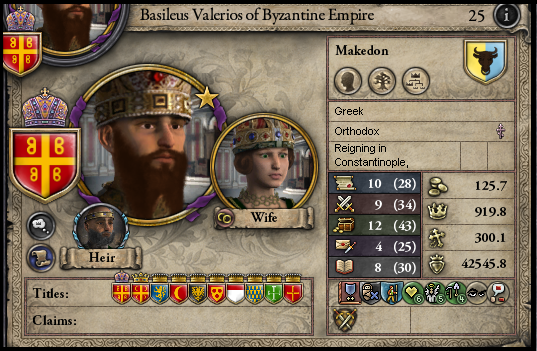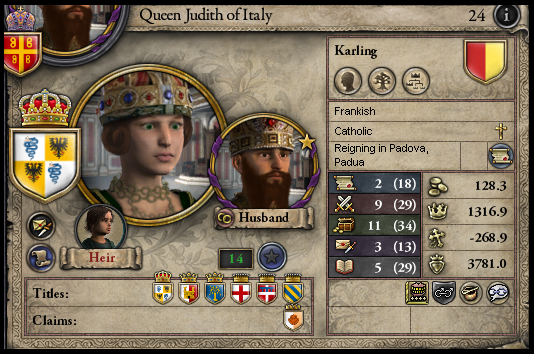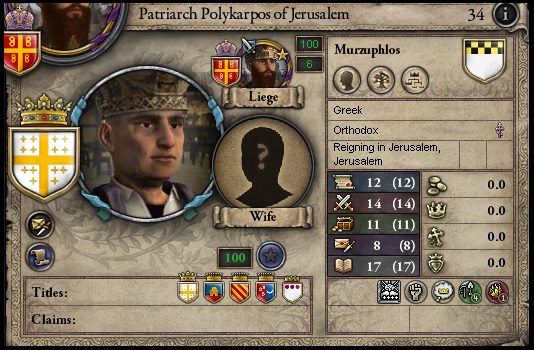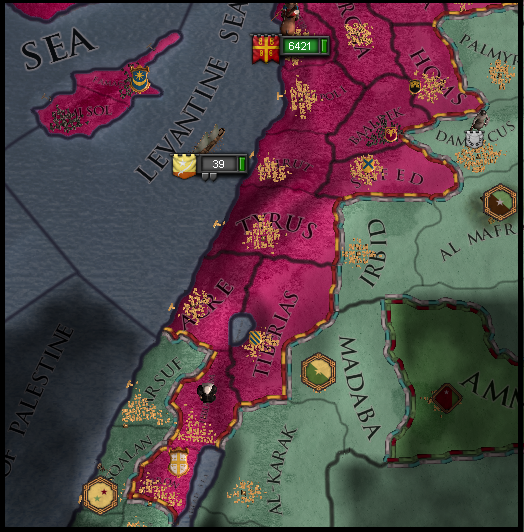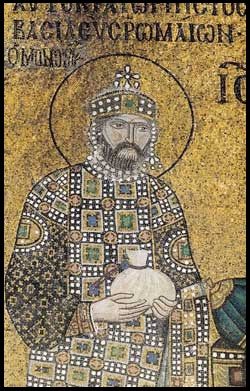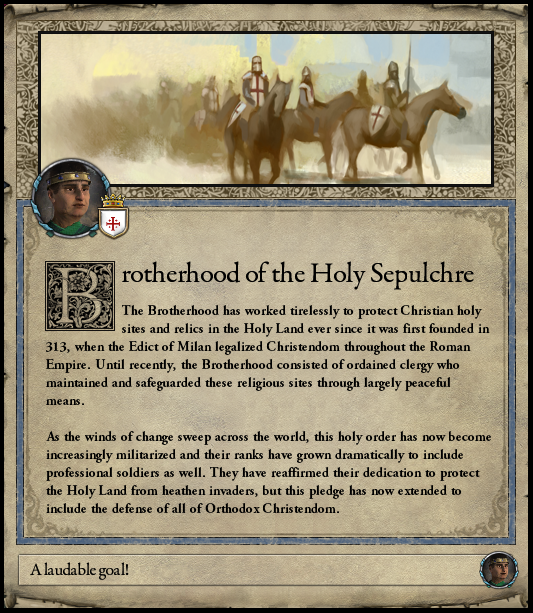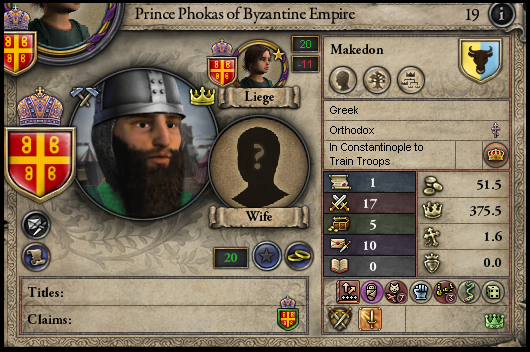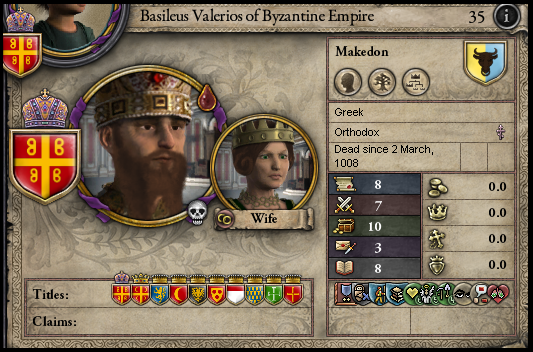It seems that despite all the turmoil in his personal life, Adrianos II's reign was generally successful. If anything, he'll probably be remembered fondly simply because he lived long enough for his heir to actually come of age, sparing the empire from having to undergo yet another regency and the potential disasters that those always court. It might be a bit much to hope for, but perhaps he'll become the Philip to Valerios's Alexander.
I'm also liking the recap, and how it ties together all the events of the different reigns over the century into a coherent whole. Definitely something I'd expect to see written in an actual history book
I'm also liking the recap, and how it ties together all the events of the different reigns over the century into a coherent whole. Definitely something I'd expect to see written in an actual history book



